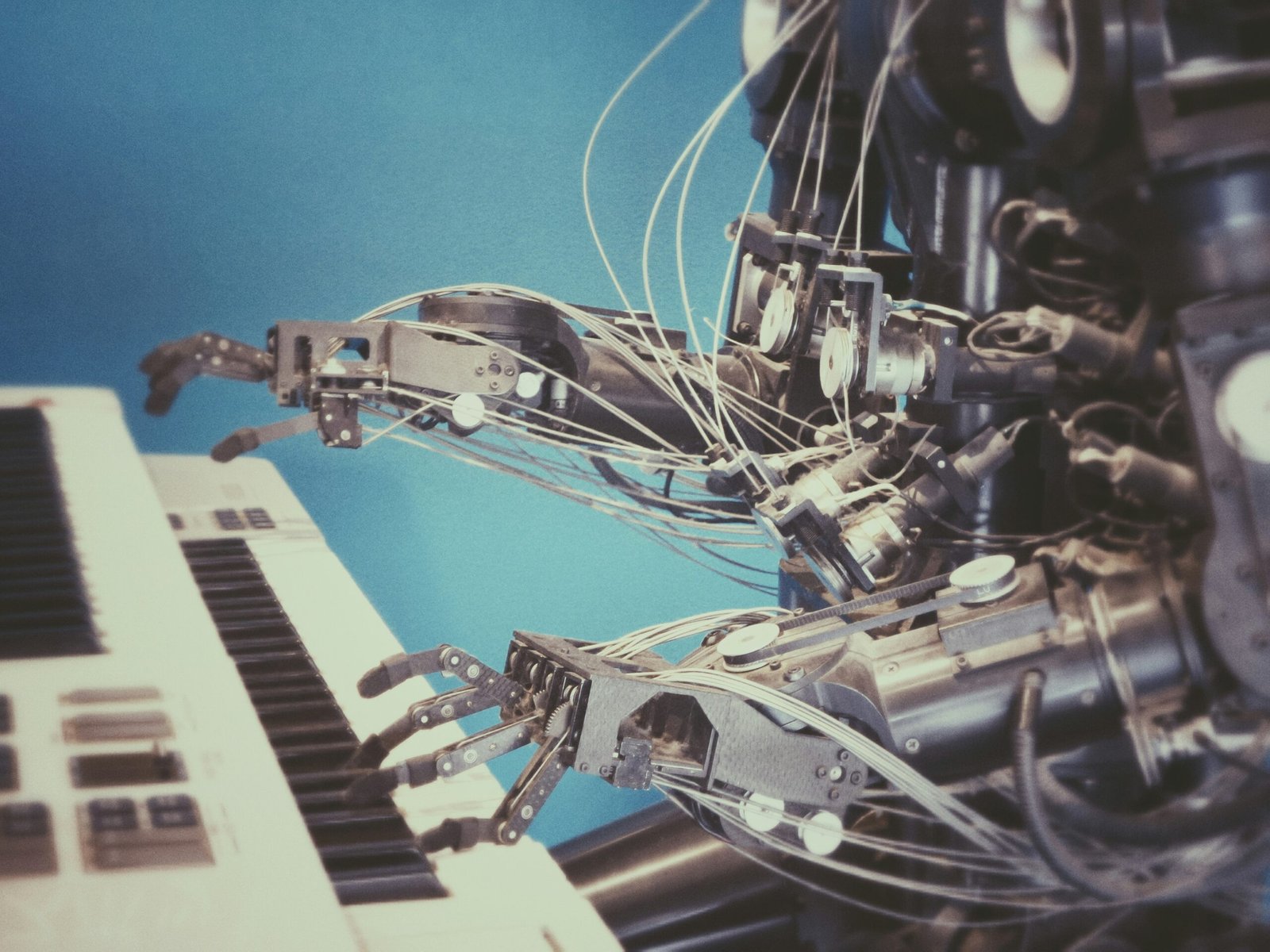The work environment is changing at lightning speed as automation and artificial intelligence (AI) are becoming increasingly popular. As both business organizations and employees are set to be at the mercy of these technologies, it is important for different fields such as e-commerce, which is rapidly growing, to understand the effects of these technologies. In this article, the author discusses the impacts of automation and AI on the world of work and offers strategies on how organizations should respond.
Understanding Automation and AI

1. What is Automation?
Automation is defined as the process whereby machines do work activities that used to be a preserve of human beings. Ranging from data input to the management tasks of material supply, and customer relations among others. Regarding e-commerce, automation can be applied especially in inventory control, order processing, and customer relation management.
2. Application of AI in the World of Work
Artificial Intelligence (AI) refers to the creation of machines intended to execute activities that are branded as intelligent when accomplished by humans. Intelligent technologies such as machine learning, natural language processing, and others are being incorporated into several business activities more and more. To e-commerce companies, AI generates efficient customer experience, better-targeted marketing, and forecasting of sales.
Automation and AI in E-commerce

- Enhancing Customer Experience
What is critically emerging in the field of e-commerce is that automation as well as AI is altering the form of engagement of businesses with consumers. Nowadays, natural language processing chatbots are standard tools as a part of customer service, information providing, and availability of support around the clock. It saturates the customers and businesses on the other hand can handle a lot of interactions at once without having to hire more people.
- Streamlining Operations
Technological advancement in the sphere of e-commerce has made possible mass automation of many procedural processes. For instance, automated systems for managing inventory imply the capability of identifying product stock in real-time and hence eliminating overstocking or stock-out situations. Likewise, the use of AI analytics can predict the areas of demand helping the work companies in purchasing and logistics.
3. Personalizing Marketing Efforts
- In the case of the supermarket, it can also choose to use AI algorithms to develop customer shopping experiences. Through personalization, e-commerce platforms are in a position to sell promotion messages, products, and other details that suit the needs of the individuals.
- This level of targeting not only improves the operation but also increases the number of customers who make purchases as well as those who support a particular brand.
- Preparing for the Future: They show how individuals, businesses, and communities respond to changes in their environment and how they construct change.
4. Embracing Continuous Learning
In an era where innovations such as automation, and AI make their work time present, flexibility, and learning are key. As a result, the employees must learn new behaviors, which will enable them to interact with all these technologies.
For those within the e-commerce business, this may imply, the capability to handle AI tools, AI data analysis, and knowledge about new applications.
5. Redefining Job Roles
The partnering of automation and AI poses a threat to organizations where employment opportunities will have to be reshuffled. While some of the assignments may become fully automated in the future, new openings will be created on the other hand.
New roles that have been believed to emerge include those that relate to the management and administration of AI systems, data management as well as customer experience optimization roles in e-commerce. It is agreed that there is a need for firms to take up reskilling as a practice to prepare employees to fit in this new world.
6. Leveraging Data for Strategic Decisions
Computerization and application of artificial intelligence generate large volumes of data which could be of importance. They may be useful in helping e-commerce companies make the right decisions about the products they offer to the public, the markets they wish to venture into, and the customers they wish to relate to. Companies are thus able to forecast trends in the market and therefore trends in the needs of consumers, through data analytics.
Challenges and Considerations

1. Ethical and Privacy Concerns
Like what has been observed with the introduction of AI/automation in the workforce, there are sometimes what are described as ethical / privacy questions one has to respond to. That is why startups and e-commerce businesses have to pay attention to the fact that they are managing and processing the clients’ data adequately and in compliance with the law.
It will therefore be very essential to ensure that proper measures of work are taken to protect the data collected from the customers and also the usage of this data complies with the laws that regulate data privacy.
2. Balancing Automation with Human Touch
At the same time, It needs to be highlighted that although quite many beneficial factors include automation and the use of artificial intelligence technologies, it is important not to let people’s algorithms take over the process of interaction with clients.
Some things are still inapplicable with the use of technology and some of them are personal touch; PR and handling customers with emotional support. Another area that requires the attention of e-commerce entrepreneurs is the adequate balance between the automation of the business and the avoidance of the impression of distance from the clients.
Conclusion
It is still possible nowadays to trace the tendencies of work towards the reorganization of work relations due to robotics and AI – one such example is the sphere of e-commerce. An aspect of these technologies is therefore useful in that they increase customer experiences or make a process better and therefore more profitable.
However, organizational and environment requires learning, and the ability to change and redefine jobs and employee responsibilities, and also have ethical expectations. When one discusses e-commerce there are of course new things coming up that will make an individual sure that one is being informed and being aware of new factors and trends as they come up.





